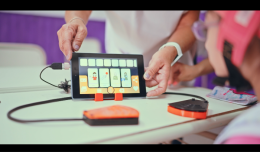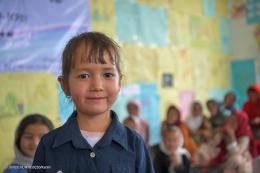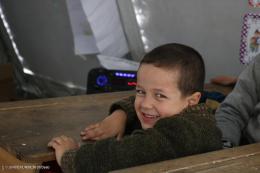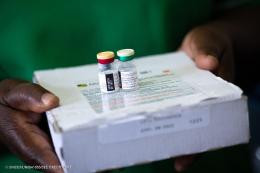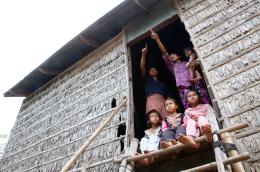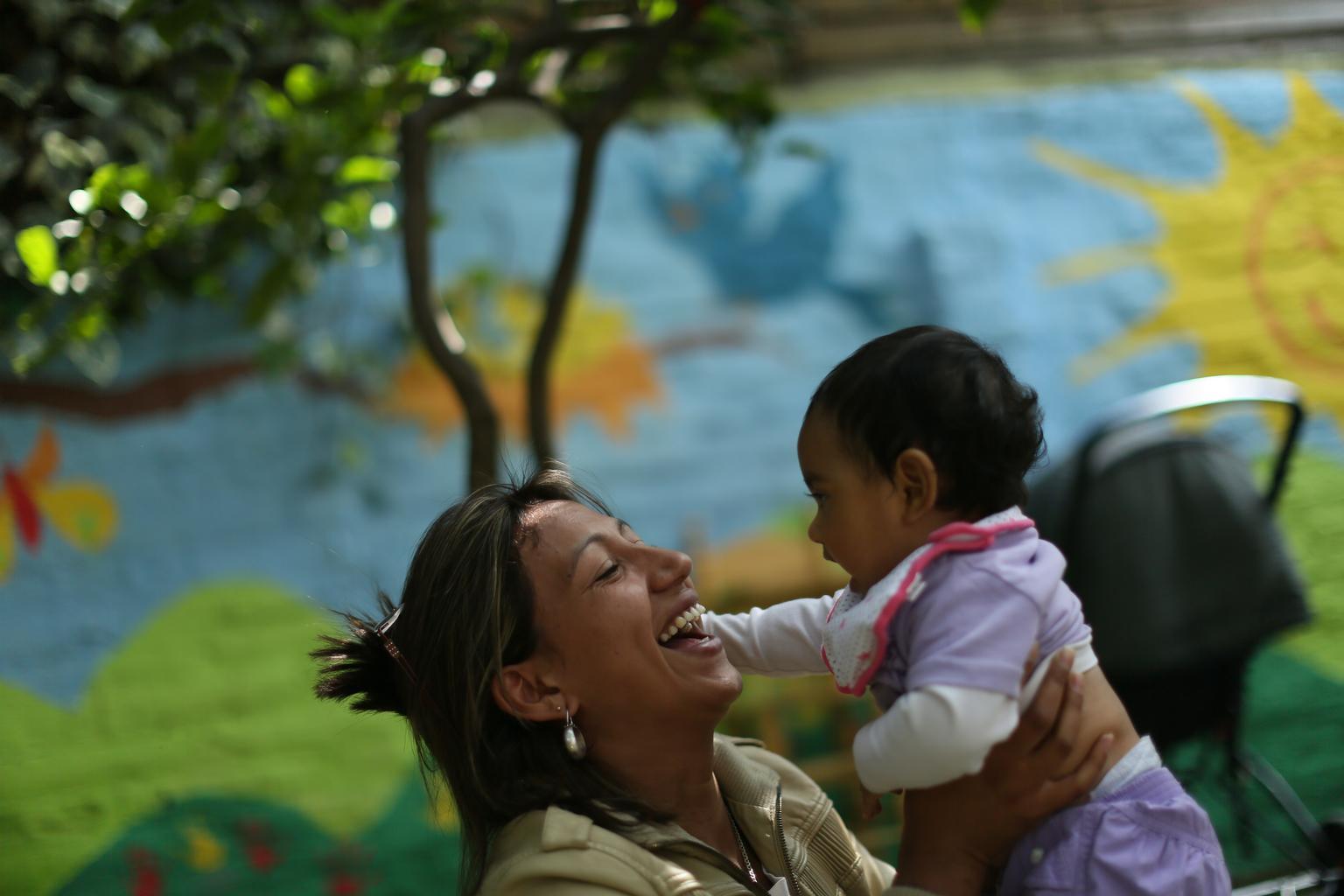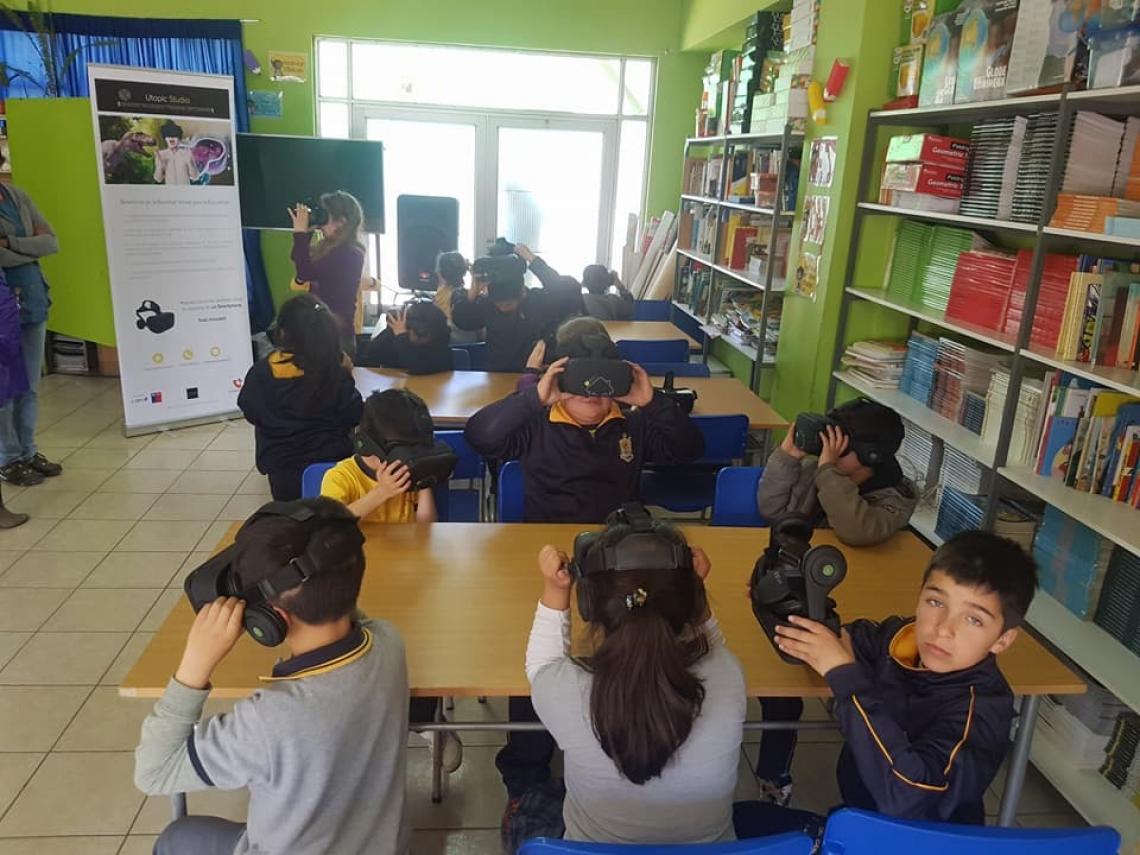
Our platform includes an online learning management system, transformation of schools’ curriculum to virtual reality, a pre-packaged library of ever-growing virtual reality games that are built in collaboration with renowned publishers, training sessions for teachers for easy adaptability, and an activity tracker to track the learning activities of the students.
Our technology allows teachers to include formative or summative assessments in the virtual reality world that provide our resources to then receive instantaneous statistics on the individual or group performance. The teacher can quickly modify or apply our resources to create a learning path that fits their own lesson plan for the year.
One of the major challenges faced by children is their engagement and motivation to learn; however, the same children show high motivation and engagement while playing video games with their parents or when they are at home. So, our goal is to bring this engagement to the classroom by merging traditional classroom teaching methods with virtual reality gaming that would drive more engagement and motivation to learn.
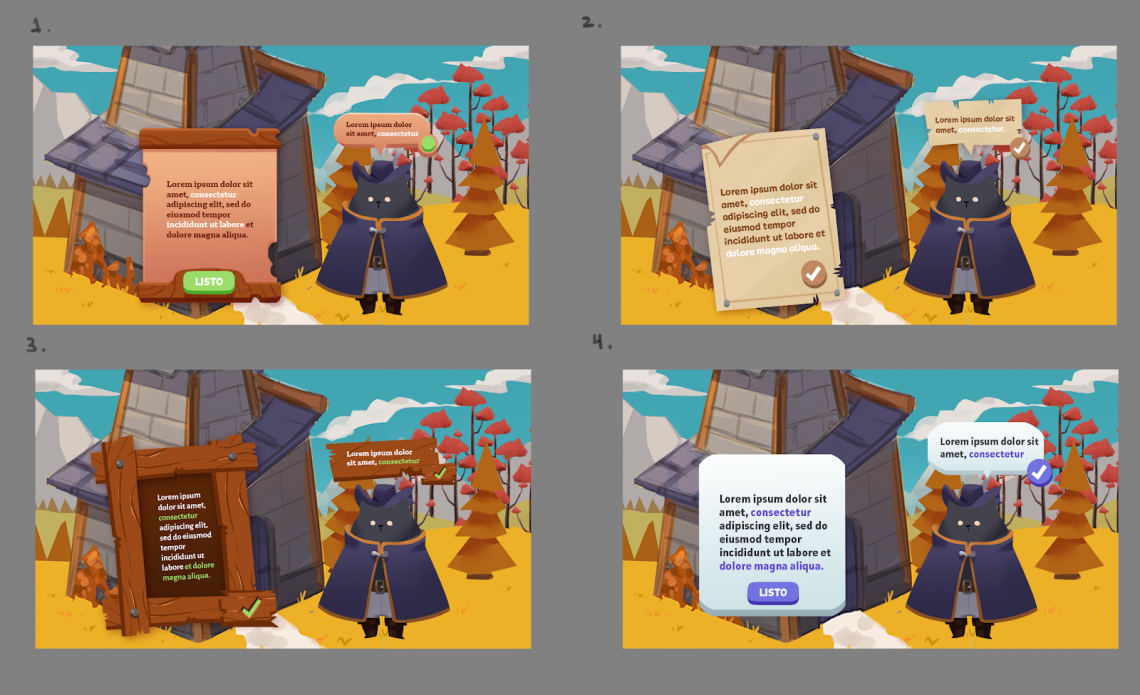
In addition, each game undergoes extensive design stages. For example, for the Puss in Boots game (pictured above), the first stage of design was critical to deliver a new experience that has a unique balance between reading and game mechanics. Our team of artists focused on designing the character from the fairytales, a crucial part, in order to deliver an engaging experience for children.
The team then worked hard on different iterations for how children will interact with the text into the VR app.
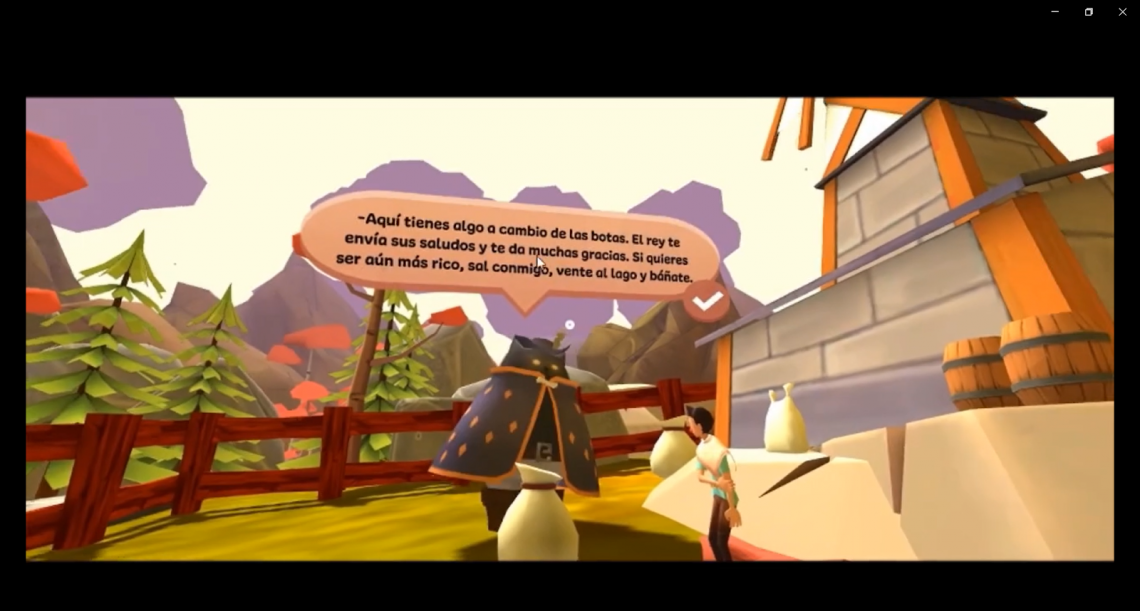
Finally, after 3 months of development, Utopic´s team finished the first version of the game. Over the course of those months, we iterated around 3 times on different versions, as we aimed to optimize the content and 3D assets to improve children's experience. In the beginning we inserted a tutorial to explain how to interact within the game, but it took too much time to do, and it was not practical in a classroom context. So the team decided to simplify mechanics and interactions in order to make it easier for teachers and students alike.
Related Stories

AGUA: Revolutionizing Global Collaboration for Funding Transparency (with Growth Graduate Atix Labs)
